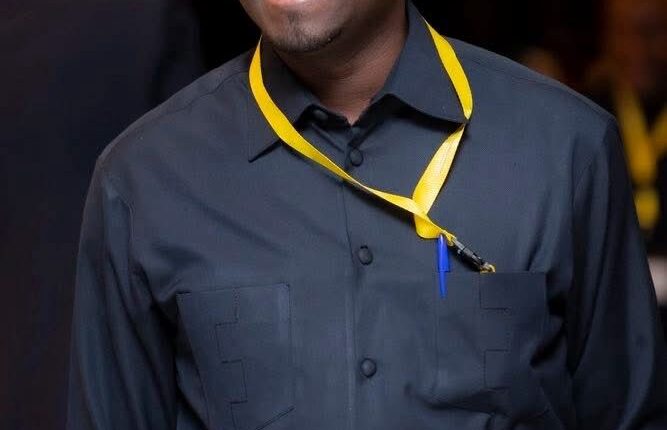The Ministry of Finance has announced that Ghana and four fellow African nations namely, The Gambia, Liberia, Sierra Leone, and Sudan – have jointly pledged $16 million to the next replenishment cycle of the African Development Fund (ADF), the concessional financing arm of the African Development Bank Group.
This represents the largest collective pledge ever made by the constituency and a defining moment in Africa’s drive for self-led development.
“This marks the first time all five countries in the constituency have contributed to the ADF,” the Ministry said.
The announcement was made during a constituency meeting held on the sidelines of the Bank’s Annual Meetings in Abidjan, Côte d’Ivoire.
According to the Ministry of Finance, the $16 million commitment more than triples the $5 million pledge from the previous cycle and signals “a 220 percent increase in funding and a powerful signal of African ownership in shaping the continent’s development future.”
Ghana committed $5 million to the fund, leading the group of contributors. Sudan, Liberia, and Sierra Leone each pledged $3 million, with The Gambia contributing $2 million.
Their united front increases the number of African countries contributing to the ADF from 8 to 13, a 62.5 percent rise that officials say is emblematic of growing African confidence and responsibility in development finance.
The Ministry stated that the expanded contributions “underscore a deepened commitment to fiscal reform, governance enhancement, and regional solidarity.”
The joint pledge also reflects an evolving attitude among African nations, moving away from dependency and toward sustainable self-financing and internal resource mobilization.
“This is our moment to position our countries not as passive recipients, but as agile reformers and credible investment destinations,” said outgoing Sierra Leonean Finance Minister Sheku Bangura during the meeting.
The gathering also served as a leadership transition, recognising the contributions of Bangura, who chaired the constituency, and Executive Director Rufus Darkortey.
Under their leadership, the group intensified engagement with the Bank, secured broader access to development financing, and catalyzed institutional reform across member states.
The Ministry highlighted several examples of policy innovation within the bloc. The Gambia has doubled its tax-to-GDP ratio in just two years. Ghana has enhanced domestic revenue mobilisation through digital compliance tools and comprehensive tax reforms.
Liberia has been chosen to pilot the Bank’s Youth Entrepreneurship Investment Bank initiative. Sierra Leone and Sudan, meanwhile, have secured targeted infrastructure support and crisis response aid under the Bank’s reform-aligned programmes.
“Each of the five countries has pursued bold fiscal and governance reforms that align with the Bank’s new emphasis on performance, selectivity and co-financing”
In another important development, Ghana and Liberia have introduced new finance ministers – Dr. Cassiel Ato Forson and Augustine Kpehe Ngafuan respectively – who are expected to help steer the bloc into its next strategic phase.
The Ministry added that the new leadership will continue the work of mobilising domestic resources, attracting private sector capital, and integrating remittance flows into long-term financing instruments.
Plans are underway to transition eligible countries from concessional ADF support to non-concessional African Development Bank financing. The Ministry reaffirmed the bloc’s ambition to redefine Africa’s role in global finance through local ownership and collective reform.
This shift, it explained, is both ideological and practical, aimed at reducing reliance on external aid and embracing development financing mechanisms that are more sustainable and contextually grounded.
“The constituency reaffirmed its shared commitment to reducing reliance on external aid by mobilizing domestic resources and catalyzing private sector growth”.


Comments are closed.